Do you want to know seven secrets for a successful photo shoot? These practical photography tips are essential for those amazing portrait photography sessions. I’ve put them all together here for you.
You can use these photo shoot tips to build up your personal photography portfolio. Your portrait photography sessions will be more fruitful.
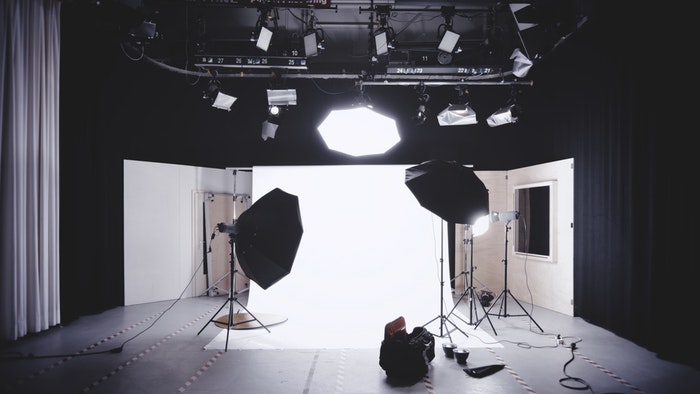 [Note: ExpertPhotography is supported by readers. Product links on ExpertPhotography are referral links. If you use one of these and buy something, we make a little bit of money. Need more info? See how it all works here.]
[Note: ExpertPhotography is supported by readers. Product links on ExpertPhotography are referral links. If you use one of these and buy something, we make a little bit of money. Need more info? See how it all works here.]
7. Plan Ahead for Professional Results
Planning your photo shoot and being well prepared is vital. Your efficiency and creativity will both be enhanced. Knowing what you want to achieve from the portrait photo shoot narrows down your options and makes planning more effective.
So, how do I plan a photo shoot? Pre-visualising the photos you want will enable you to prepare for them. You may consider including your model(s) in this planning stage. I like to draw up a list of ideas and discuss this in advance with my model.
Obtaining a signed model release prior to starting the portrait photo shoot is always a good idea. Don’t risk leaving it until the end and forgetting about it.
You also need to pack well. Check and double-check you have the gear you’ll most need. It can be very disruptive to find you don’t have the right lens or your flash batteries are in the bag you did not bring. This type of oversight will affect your creative flow during the shoot. It will also impact your credibility as a photographer.
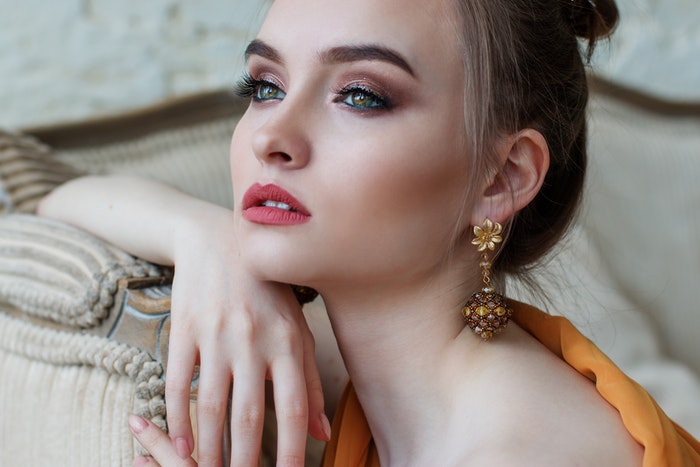
6. Include the Location in Your Portrait Photography
We all love photos taken in great locations. So many popular Instagram accounts are proof of this.
Plan your portrait photo shoot to embrace the locations you will be taking your model. Including the surroundings can make your portraits more interesting. Look for the best angles and lighting to compose with.
Keep in mind that your main aim is photographing your model and making them look good. If you are faced with a challenging location and struggle to find an angle, get creative. Blurring the background is probably the easiest and one of the most effective methods. Too much clutter can distract from your model.
In this photo, I wanted it to be obvious my model was in the city but keep the focus clearly on her. I chose my aperture setting so she is separate from the background yet you can still see she is in the city.
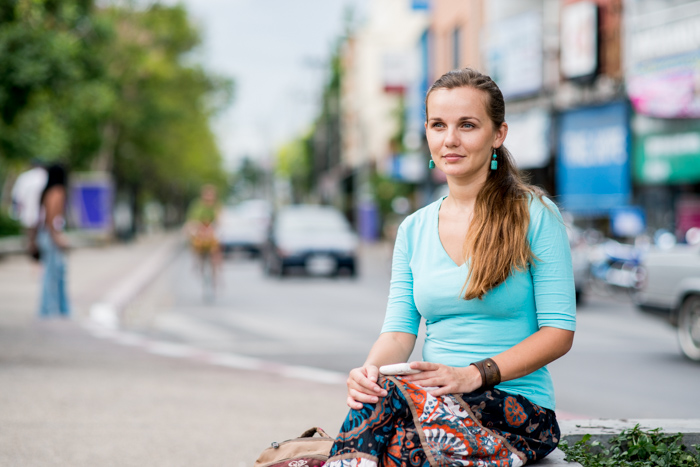
5. Variety Is Key to Better Portrait Photos
Make certain you take a real variety at every photo session. Having planned well and chosen the locations you want to make the most of them.
Stay within your game plan. But be sure to mix up the poses, expression, outfits, composition, lenses, and camera settings. Get your wide, medium and close up photos. Look for additional details everywhere and include them. I have a background in editorial photography. Therefore, I typically approach every photo session aiming to produce a spread of photos.
If my model wants mostly close up photos, I will make a series of medium and wider compositions as well. When they see them, they often remark they had not thought of that angle or style of photo. Remember, you are the photographer. Be creative.
Vary where your model is looking. Don’t always have them looking into your lens. Have them look to either side, up, down and gazing way off into the distance.
If you are not sure how to communicate this, ask them to look at something specific in the direction you wish them to face.
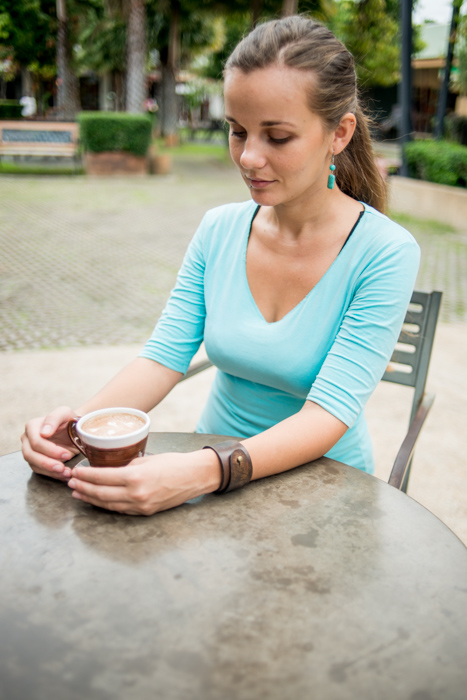
4. Control the Lighting for a Better Portrait
Be in control of the lighting. Bad lighting will ruin a portrait photo shoot of even the most attractive person. I find it best to use some kind of accessory, like flash and/or reflectors.
Having the ability to play with ambient light will allow you to control the mood of your portraits. During your planning, you will have decided on the look and overall feel you wanted to achieve. Much of this will be determined by how you control the lighting.
If you have opted to portray a dramatic image of your model, use harsh light and strong shadows. This will enhance the effect.
A more attractive feeling will be gained with softer light which wraps around your model as they pose. Using reflectors or diffused lights from more than one point in front of your model will give pleasing results.
There are many techniques you can employ to manipulate lighting to create mood in a portrait. If you are not mindful of your lighting and in control, you will not get the best results from your portrait photo shoot.
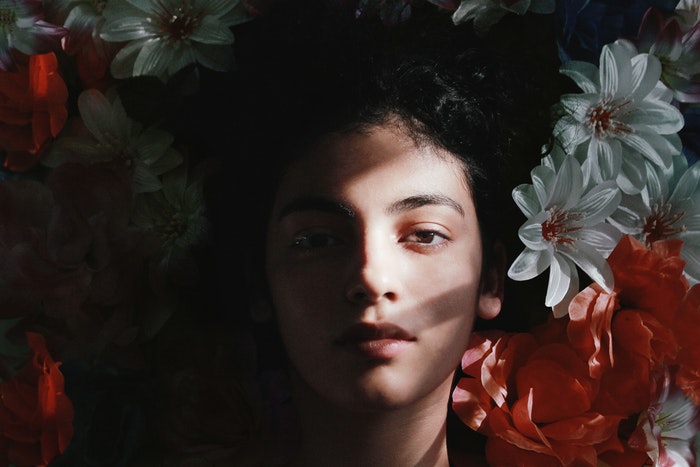
3. Communicate With Your Model for Easier Posing
Take time to connect with your model. You will get better pictures. If you are distant and non-communicative, your model will not respond so well.
Talk to your model before the photo session. If you know your model, ask some more specific questions. Ask them what they want to achieve from the photo shoot and share with them what you want. Working together in this way you will have more ideas to work with.
Model poses do not always come instinctively to people. A model will pose more naturally if they trust you and know what you want to achieve. Communicate clearly with them what you want. They might not understand or your idea simply is not working. Try explaining yourself more clearly or move on to something else.
Your model may have some good ideas for poses. Listen to their suggestions and try them, especially if they are having trouble relaxing. Photographing them in poses they suggest will mean they are more comfortable so the results will be better.
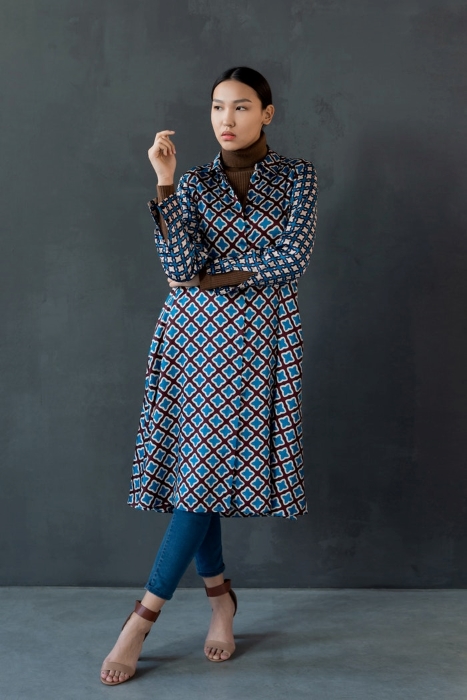
2. Don’t Fiddle With Your Camera During the Photo Shoot
During a photo session, you need to be focused on your model, not only your camera. The more you are paying attention to your model, the better your photographs will be. To be successful in this, you must know your camera and your craft.
Spending most of your time and attention on your camera and fiddling with the settings will likely lead to failure. You should know how to set your camera for the style of photos you have planned.
This means:
- Anticipating the shutter speed and aperture settings you will use.
- Having the ISO set correctly for the light.
- Choosing the focus mode you will work with.
- Setting up your flash and/or reflectors.
All this needs to be set and ready before you meet your model. Even if you need to make adjustments to your settings, they should only be minor.
If you are engaged with your camera, you will not be engaging enough with your model. They will find it more difficult to relax and pose well (unless they are truly professional).
If you are using flash or reflectors, make sure you know how to. If you are working with an assistant, make sure they understand your intentions for the photo shoot. The more attention you can give your model, the more they will enjoy it, and the better your photographs will be.
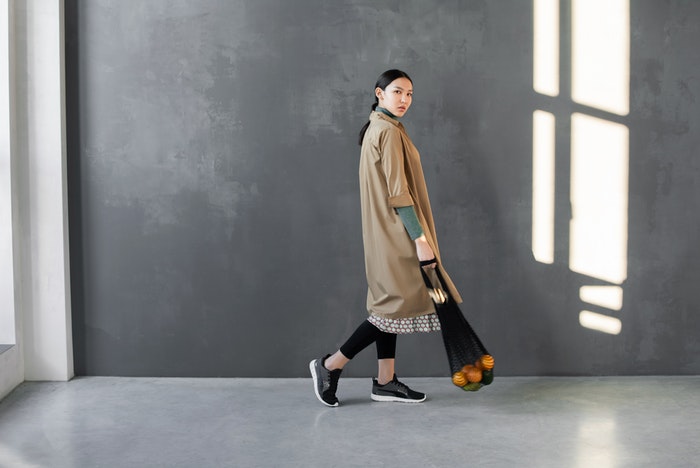
1. Follow Up After the Portrait Photo Shoot
Once you have finished, stay in touch with your model. If the photo session has gone well and you hope to work with your model again, this is crucial. Make sure to send them a thank you text or email.
Follow through with getting whatever copies of the photos you may have promised. Then follow up again a few days later to see what they thought of the photographs and of the experience.
Even if you think the photo session did not go so well, communicate a little more with your model! You may both learn from the experience.
If you are serious about developing your portrait photography, give your model a short questionnaire to fill out. It can be just a few questions about the photo session and the resulting portraits. Make sure to leave room for comments they might like to make.
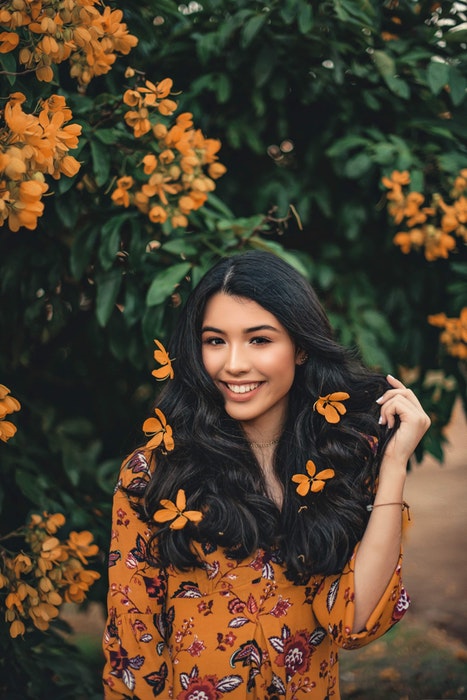
Conclusion
These photoshoot tips will raise the level of your photography.
For many people, it’s not easy to manage the camera and the model at the same time. With these photography tips, I was able to improve the standard of my portraiture and enjoy the process far more.
source https://expertphotography.com/successful-photo-shoot/

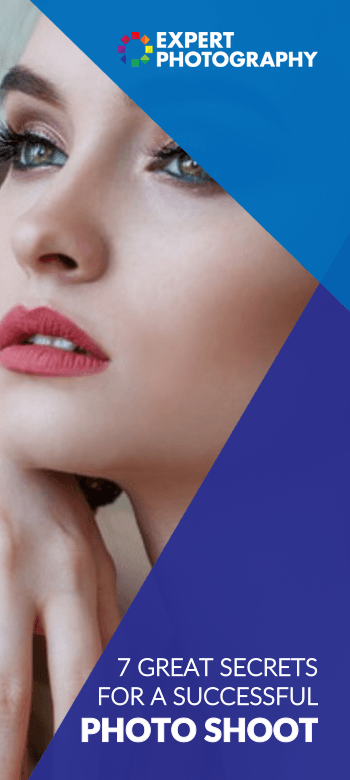
No comments:
Post a Comment